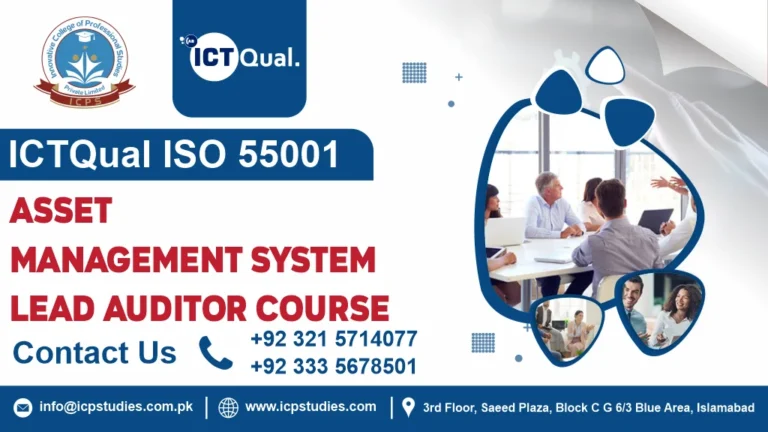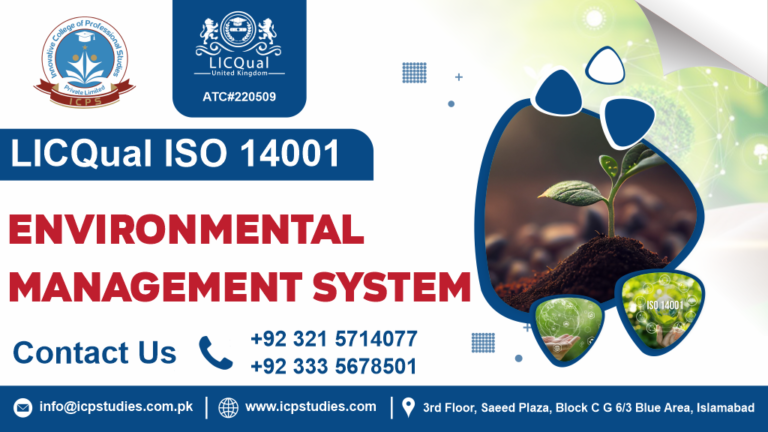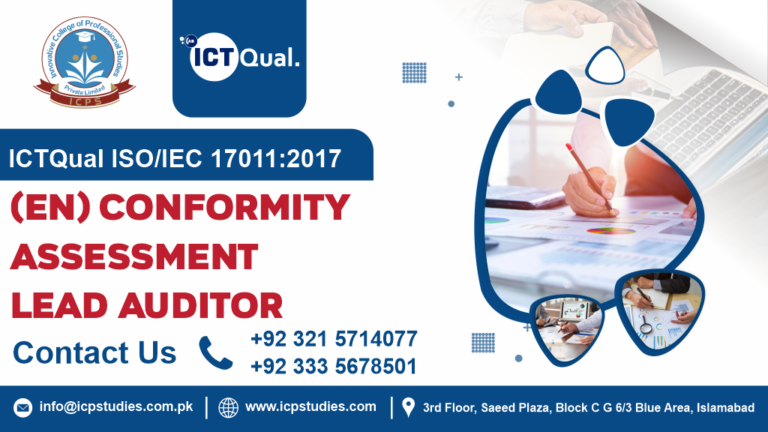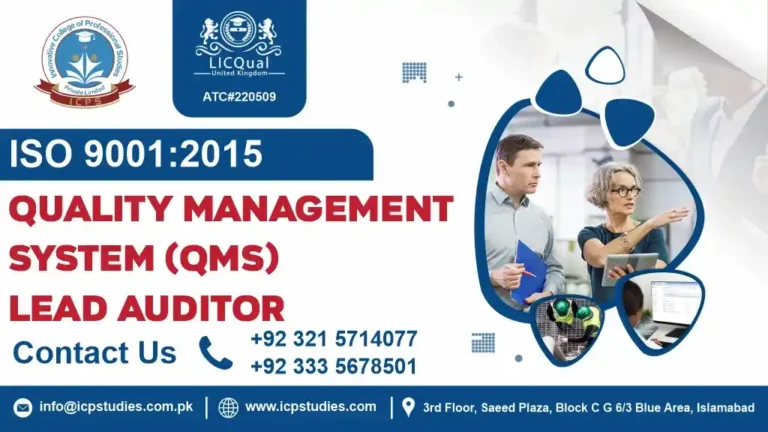In today’s global food industry, maintaining rigorous food safety standards is essential to protect consumers and ensure the integrity of the food supply chain. The ISO 22000 standard for Food Safety Management Systems (FSMS) provides a comprehensive framework for managing food safety risks and ensuring the highest quality in food production. Central to this process is the role of the ISO 22000 FSMS Lead Auditor, a professional dedicated to assessing and ensuring compliance with these critical standards.
The role of an ISO 22000 FSMS Lead Auditor is integral to maintaining the highest standards of food safety and quality. By leading audits, assessing compliance, and promoting continuous improvement, Lead Auditors help ensure that food safety management systems are effective and meet international standards. For those pursuing a career in food safety or seeking to enhance their skills, understanding the significance of this role and the competencies required is essential. As food safety continues to be a critical concern globally, the expertise of ISO 22000 FSMS Lead Auditors will remain vital in safeguarding the quality and safety of the food supply chain.
All About ISO 22000 FSMS (Food Safety Management System) Lead Auditor
Course Overview
An ISO 22000 FSMS (Food Safety Management System) Lead Auditor is a specialized professional responsible for assessing and ensuring that an organization’s Food Safety Management System (FSMS) adheres to the requirements of the ISO 22000:2018 standard. This role is crucial in maintaining the safety and quality of food products across the supply chain, from production to consumption.
ISO 22000 FSMS Lead Auditor is a key professional in the food industry, responsible for evaluating and ensuring the effectiveness of food safety management systems. By leading audits, assessing compliance, and promoting continuous improvement, Lead Auditors play a vital role in safeguarding food safety and enhancing the quality of food products across the supply chain.
Study Units
- Introduction to Food Safety Management Systems (FSMS)
- ISO 22000 Requirements
- Hazard Analysis and Critical Control Points (HACCP)
- Good Manufacturing Practices (GMP)
- Prerequisite Programs
- Food Safety Risk Assessment and Management
- Documentation and Record Keeping
- Internal Auditing and Management Review
To enroll in the ISO 22000 FSMS (Food Safety Management System) Lead Auditor course, participants typically need to meet the following requirements:
- Age Requirement: Participants should be at least 18 years old.
- Basic Literacy: A good understanding of English is important, as course materials and instruction are primarily in English.
- Professional Background: Familiarity with food safety management systems or relevant experience in the food industry is beneficial.
- Prior Knowledge: Participants should have a basic understanding of ISO 22000 standards and principles, as well as general audit concepts.
- Course Registration: Participants must register for the course through an authorized training provider.
- Payment: Course fees must be paid as required by the training provider.
- Commitment to Attend: Participants should be prepared to attend the full duration of the course to receive certification.
The ISO 22000 FSMS (Food Safety Management System) Lead Auditor course is designed for:
- Lead Auditors: Individuals responsible for conducting audits of food safety management systems in various organizations.
- Food Safety Professionals: Individuals involved in developing and implementing food safety management practices.
- Quality Managers: Professionals overseeing quality assurance in food-related industries who need to understand food safety standards.
- Compliance Officers: Individuals ensuring that organizations adhere to food safety regulations and standards.
- Consultants: Those advising food businesses on food safety management and compliance with ISO standards.
- Food Industry Personnel: Employees in the food industry looking to enhance their knowledge of food safety practices and standards.
- Anyone Seeking ISO 22000 Certification: Individuals looking to deepen their understanding of food safety management systems for career advancement.
This course equips participants with the skills and knowledge to effectively audit and assess food safety management systems according to ISO 22000 standards, promoting food safety and
Learning Outcome
. Introduction to Food Safety Management Systems (FSMS)
- Understand FSMS Fundamentals: Explain the core concepts and purpose of Food Safety Management Systems, including their role in ensuring food safety and quality throughout the supply chain.
- Identify Key Components: Describe the main components and structure of an FSMS and how they contribute to effective food safety management.
- Contextualize FSMS: Discuss how FSMS integrates with organizational processes and regulatory requirements to maintain high standards of food safety.
2. ISO 22000 Requirements
- Interpret ISO 22000: Detail the requirements of the ISO 22000:2018 standard, including its structure, clauses, and how they apply to food safety management.
- Apply Requirements: Demonstrate how to implement and maintain compliance with ISO 22000 requirements within an organization’s FSMS.
- Evaluate Compliance: Assess an organization’s FSMS to ensure it meets ISO 22000:2018 standards and identify areas for improvement.
3. Hazard Analysis and Critical Control Points (HACCP)
- Understand HACCP Principles: Explain the principles of Hazard Analysis and Critical Control Points (HACCP) and their importance in food safety management.
- Conduct Hazard Analysis: Identify and assess food safety hazards associated with production processes and determine critical control points (CCPs).
- Implement HACCP Plans: Develop and implement effective HACCP plans to manage and control food safety risks.
4. Good Manufacturing Practices (GMP)
- Understand GMP Principles: Define Good Manufacturing Practices (GMP) and their role in maintaining food safety and quality.
- Apply GMP Standards: Describe the application of GMP standards in food production and processing to prevent contamination and ensure product safety.
- Evaluate GMP Compliance: Assess the effectiveness of GMP implementation within an organization and identify areas for improvement.
5. Prerequisite Programs
- Identify Prerequisite Programs: Explain the concept of prerequisite programs (PRPs) and their role in supporting the effectiveness of an FSMS.
- Implement PRPs: Develop and implement prerequisite programs, such as sanitation and pest control, to ensure a foundation for effective food safety management.
- Evaluate PRP Effectiveness: Assess the effectiveness of prerequisite programs and their integration into the overall FSMS.
6. Food Safety Risk Assessment and Management
- Conduct Risk Assessments: Identify and evaluate food safety risks, including hazards and potential impacts on product safety.
- Develop Risk Management Strategies: Create and implement strategies to manage and mitigate identified food safety risks.
- Monitor and Review Risks: Continuously monitor food safety risks and review risk management strategies to ensure ongoing effectiveness.
7. Documentation and Record Keeping
- Understand Documentation Requirements: Explain the importance of documentation and record-keeping in an FSMS for compliance, traceability, and continuous improvement.
- Develop Documentation: Create and maintain necessary documentation, such as policies, procedures, and records, to support FSMS operations.
- Manage Records: Implement effective record-keeping practices to ensure accurate and accessible records for audits and compliance verification.
8. Internal Auditing and Management Review
- Plan and Conduct Internal Audits: Develop and execute internal audit plans to assess the effectiveness and compliance of the FSMS.
- Conduct Audits: Perform internal audits, including preparing audit checklists, conducting interviews, and reviewing documentation.
- Review Audit Results: Evaluate audit findings, prepare reports, and provide recommendations for corrective actions and improvements.
- Facilitate Management Review: Support and facilitate management review meetings to assess FSMS performance and drive continuous improvement.
These learning outcomes are designed to provide participants with a thorough understanding of ISO 22000 and the skills necessary to lead audits effectively. By mastering these areas, participants will be equipped to ensure compliance with food safety standards and contribute to the ongoing improvement of food safety management systems.
FAQs about ISO 22000 FSMS (Food Safety Management System) Lead Auditor






